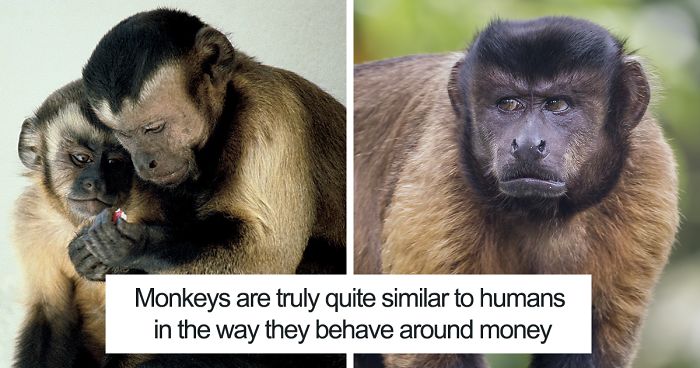
Scientist Taught Monkeys To Use Money To Buy Snacks And They Proved To Be Just Like Humans
It wouldn’t be a far fetched argument to claim that a lot of people talk to their pets. After all, sometimes it seems like animals are so alike to us, they truly know what we mean when we spill our hearts to them. And while there are plenty of people who would disagree and claim that we are nothing like our animal friends in ‘more serious’ arguments, one Yale study showcases that there are some truly interesting correlations between our brains and those of capuchin monkeys.
Economy. Yup, that’s the field of research Laurie Santos, Venkat Lakshminarayanan and M. Keith Chen decided to test monkey behavior in. And when the two fields of economy and psychology met, they produced some quite interesting results.
Researchers taught monkeys to use money in exchange for food and found some interesting results
Image credits: Mariamichelle
The study conducted back in 2005 wanted to see how seven capuchins would act if they were taught how to use money. The currency they picked for the animals was a silver disc with a hole in the middle, similar to Chinese coins. The researchers then taught monkeys that those coins could be exchanged for goods, which took them a couple of months to execute. It was well worth it though because soon after the capuchins learned how to use the currency, they started showing behaviors that had Yale economist Keith Chen excited.
Image credits: Frans de Waal
Monkeys were first offered grapes and cubes of jello to see what preferences they have and if they are capable of conceptualizing simple budgeting. When the researchers introduced price shocks and wealth shocks, the monkeys responded in a way that most humans would respond – if the price of something fell, they tended to buy it more.
Image credits: Brian Gratwicke
Chen also introduced some simple gambling games to the monkeys to see how they’d respond to the odds. The two games included one where the monkey would get one grape at the start, and then, depending on the toss of a coin, would either keep the original grape or get an extra one. The second game included the capuchin getting two grapes at the start and then, depending on the coin yet again, it would either keep both grapes or lose one. Technically, it’s the same game with the same odds, yet monkeys highly preferred the first game to the second. Which, according to Chen doesn’t exactly go along with the models in economics textbooks. However, it turns out that humans also react to such gamble in the same way.
Image credits: Basile Morin
They were also observed to steal money when they could. In one incident, when one of the monkeys was taken from the main room to the testing room, the animal proceeded to grab a tray full of coins, fling it back to the main room and run after the shiny pieces. It was like a bank heist and a jailbreak all at once. The researchers had to bribe the seven monkeys with food to get the tokens back, which, unsurprisingly, just encouraged stealing.
Image credits: pxhere
Another, rather peculiar incident happened while the coin-chaos ensued in the main chamber. While trying to regain the lost tokens, Chen observed one monkey exchanging a coin for sex. Funny enough, the monkey who received the coin quickly proceeded to trade the token in for a delicious grape. Afterward, the scientists made sure that their research unit at Yale wouldn’t turn into a brothel.
Image credits: ryanacandee
Still, the incident, although clearly not the original subject of the research, showed that… well, monkeys are truly quite similar to humans in the way they behave around money. And that left people on the internet with plenty to say.
8Kviews
Share on FacebookMale gives female a coin for sex. Female gives the coin for a grape. Value of sex = 1 Grape.
"the incident, although clearly not the original subject of the research, showed that… well, monkeys are truly quite similar to humans in the way they behave around money"
Male gives female a coin for sex. Female gives the coin for a grape. Value of sex = 1 Grape.
"the incident, although clearly not the original subject of the research, showed that… well, monkeys are truly quite similar to humans in the way they behave around money"

 Dark Mode
Dark Mode 

 No fees, cancel anytime
No fees, cancel anytime 



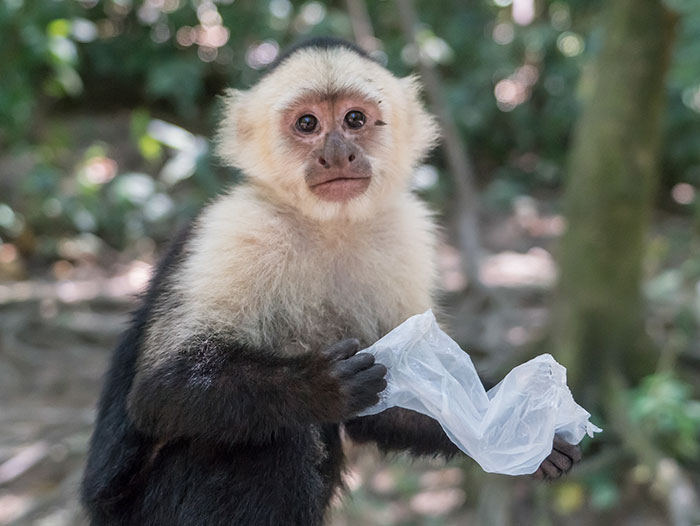
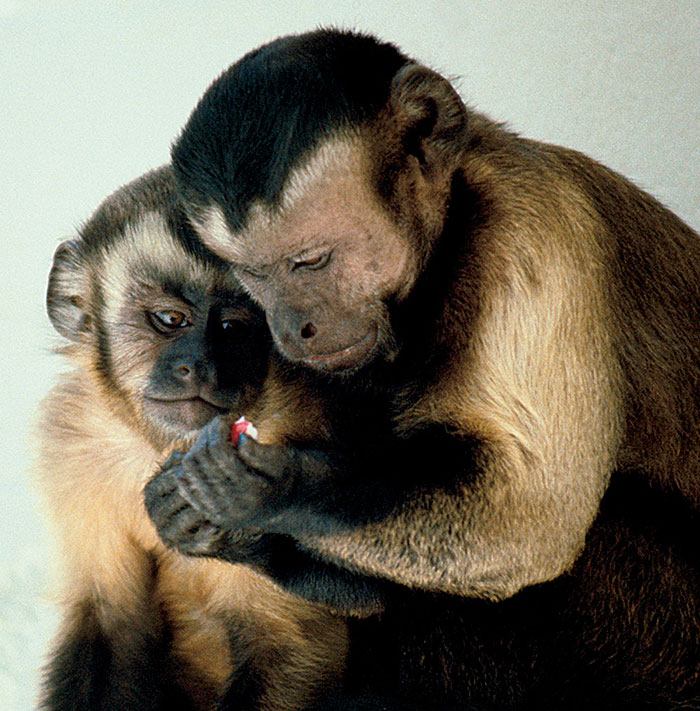
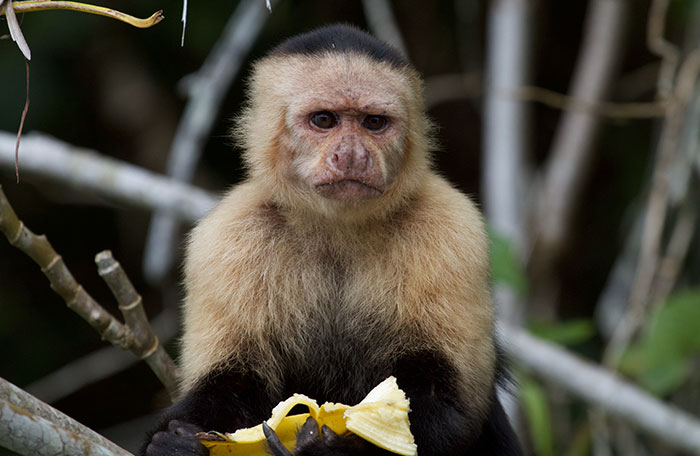
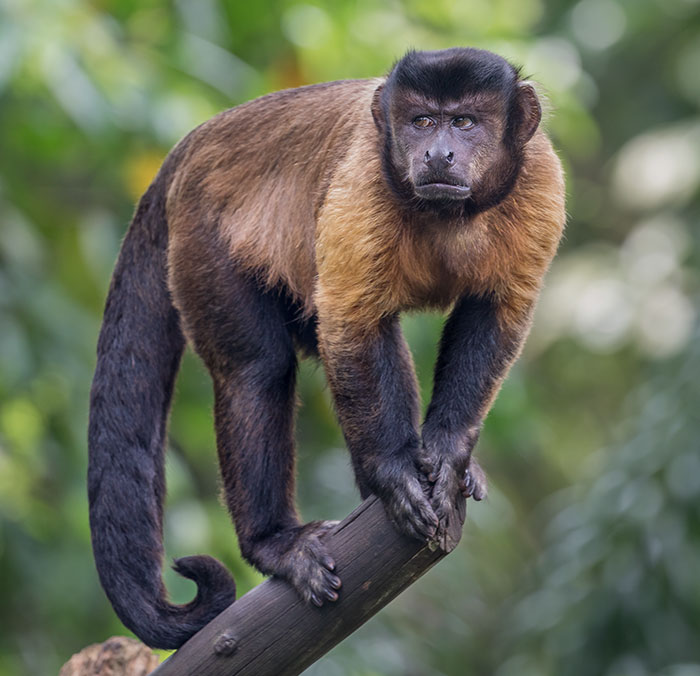
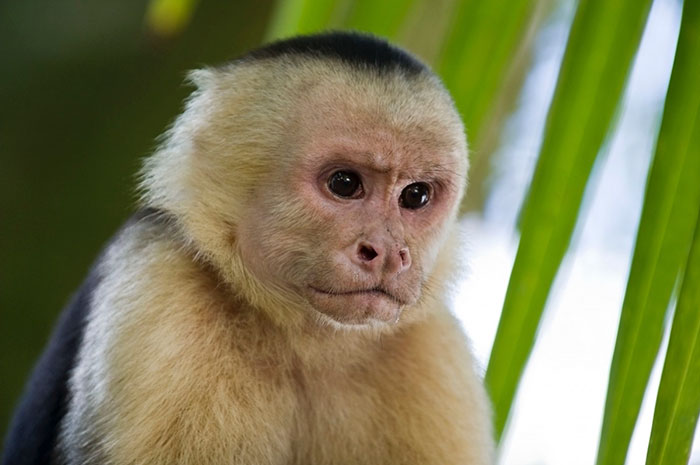
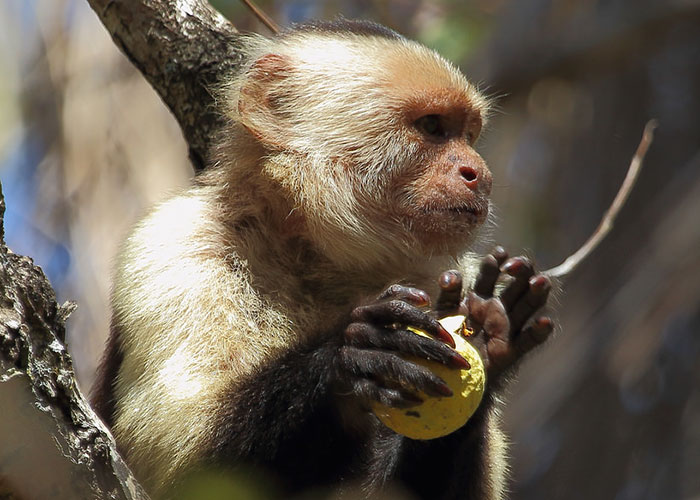

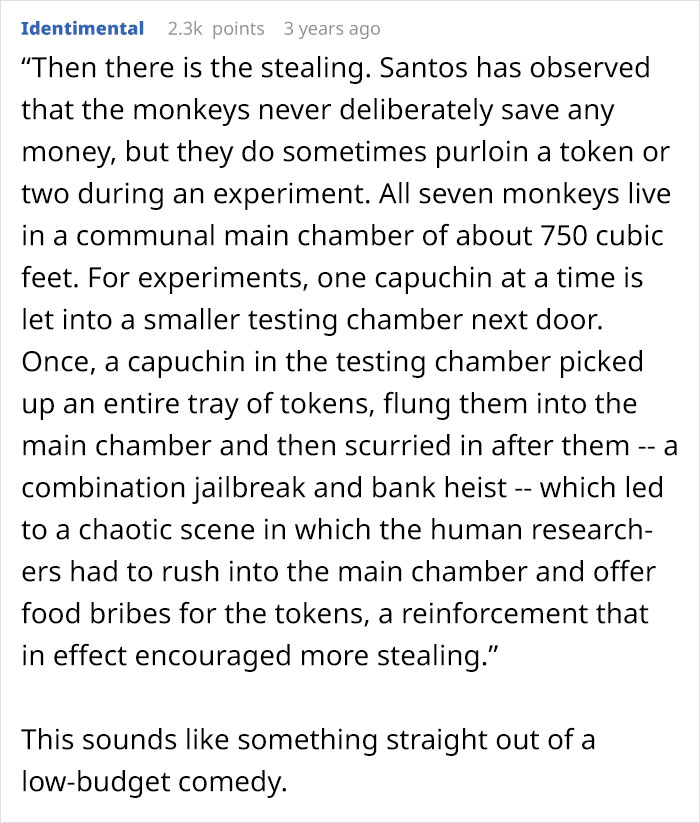













































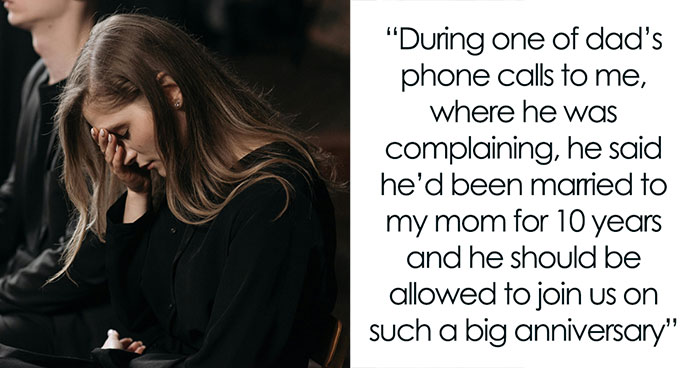








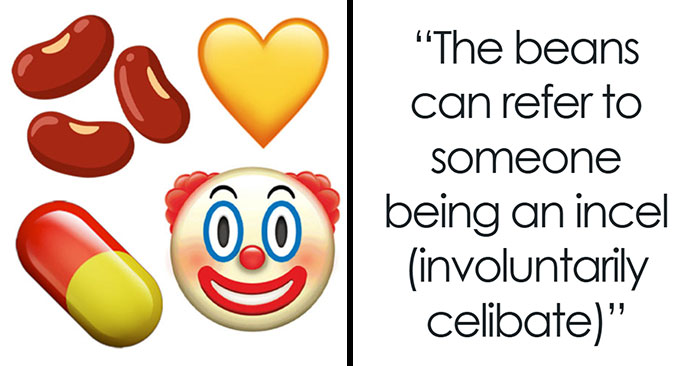


36
14